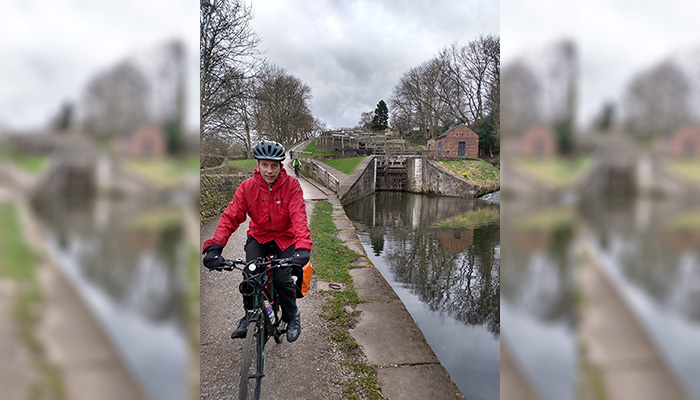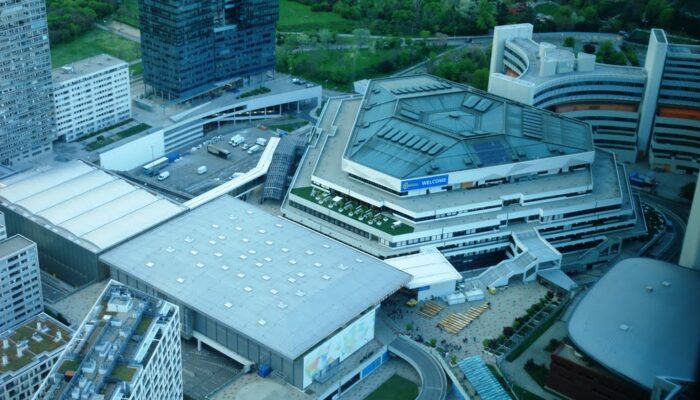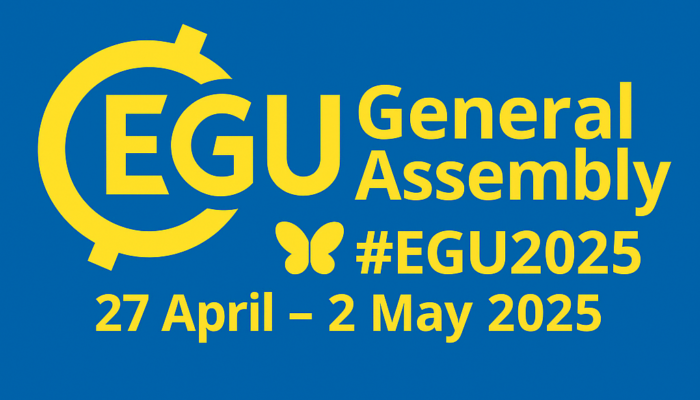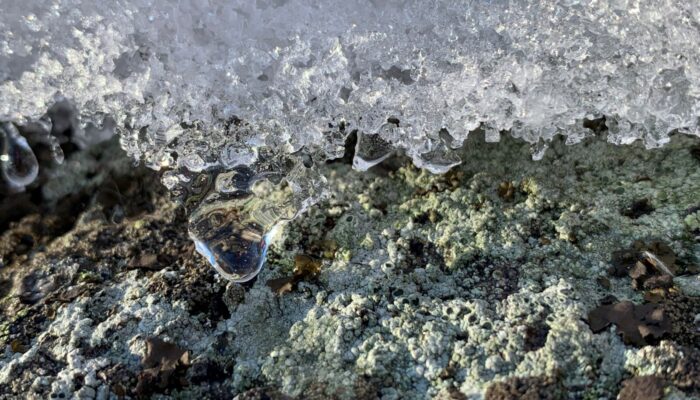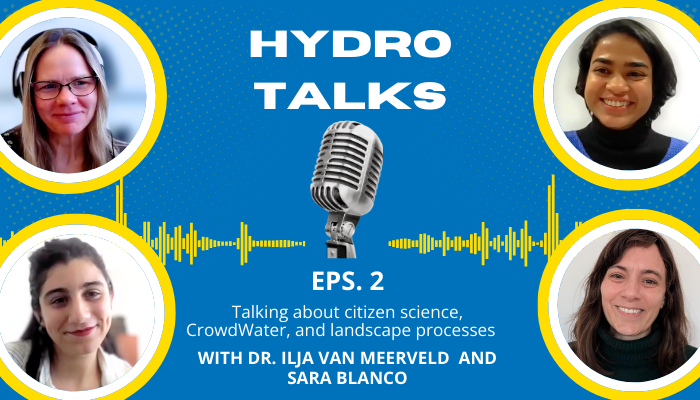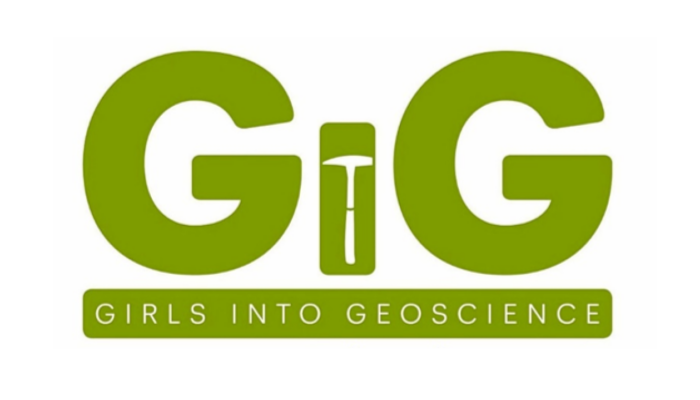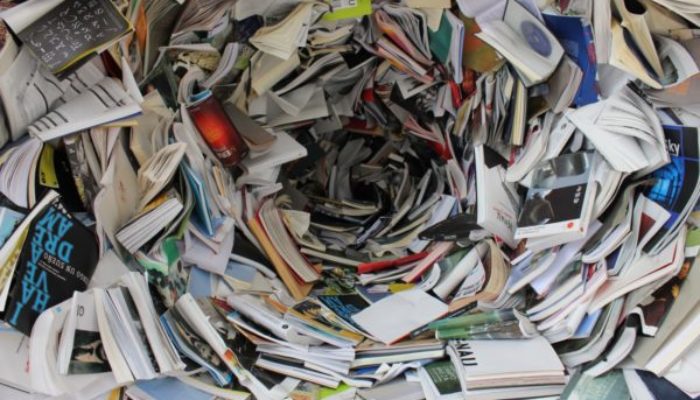I’m Duncan Faulkner, a hydrologist working for JBA Consulting, and also President of the British Hydrological Society. My first General Assembly – in Hamburg Thirty years ago, 1995, I was about to board a plane for the European Geophysical Society (EGS) General Assembly in Hamburg, to present my first paper at a conference (on statistical modelling of rainfall, if I remember right). Mu ...[Read More]
Natural Hazards
Discover, Collaborate, Innovate: EGU 2025 is Here!
The EGU 2025 General Assembly, scheduled from 27 April to 2 May 2025 in Vienna, Austria, is one of the most anticipated events in the geosciences field. This year’s assembly is expected to gather thousands of scientists from across the globe, offering an unparalleled opportunity to engage with the latest research, innovations, and trends in Earth, planetary, and space sciences. Whether you’re a st ...[Read More]
Climate: Past, Present & Future
Can we improve our understanding of extreme precipitation events in the Sichuan Basin by using high-resolution regional climate models?
Invited guest from the EGU 2024 Outstanding Student and PhD candidate Presentation (OSPP) Award Context The Sichuan Basin, located at the eastern slope of the Tibetan Plateau in China, is a lowland region that regularly experiences heavy rainfall during the summer months. This is due to its complex topographical features (Fig. 1) and the influence of the East Asian monsoon. The heavy rainfall can ...[Read More]
Geodesy
Geodesy Division Highlights at EGU25: Your Essential Guide
Disclaimer: This is just a small preview of the many other exciting events planned for GA! The annual EGU General Assembly is upon us once again, beckoning geodesy enthusiasts to Vienna for a convergence of scientific exchange and networking. Embracing a hybrid conference format, EGU ensures accessibility for both in-person and virtual attendees. From traditional oral and poster presentations to ...[Read More]
Geodynamics
The Geodynamics Division @ EGU25
With the EGU General Assembly (GA) less than a month away, attendees should start planning their schedules to get the most out of the week. In today’s blog, Geodynamics (GD) Division Early Career Scientist (ECS) representative Garima Shukla highlights the GD Division’s networking events and provides an overview of key events at the GA. Networking Events: Geodynamics Division What: ECS ...[Read More]
Geochemistry, Mineralogy, Petrology & Volcanology
How to Rock Your Next EGU Presentation: Dos and Don’ts of Oral/Poster Presenting
CONGRATULATIONS! Your abstract has been successfully accepted to your desired session. Now what? Panic! Just kidding—you need to create high-quality conference materials (a presentation or poster) and deliver a memorable talk. Luckily, we’re here to help! Creating conference materials can be daunting. With limited time, you want to showcase the importance of your research (Yes, it’s a ...[Read More]
Cryospheric Sciences
Feeling (un)frozen lands: What we can learn from research on ecological grief
Retreating glaciers, shrinking sea ice or thawing permafrost – many of you might have witnessed formerly familiar landscapes being transformed by climate change over the last years, maybe even beyond recognition. And perhaps these undeniable changes have left you feeling sad, angry or anxious about the future, fearing what lies ahead. But did you know there is an entire academic field out there re ...[Read More]
Hydrological Sciences
HydroTalks: Dr. Ilja Van Meerveld and Sara Blanco on Landscape-Vegetation Interactions, Citizen Science, and CrowdWater
Welcome to HydroTalks, the EGU HS division’s podcast series where we discuss advancements, challenges, and opportunities in hydrology. In this episode, we interviewed Dr. Ilja van Meerveld, a Group Leader at the University of Zurich, focusing on hydrological processes, landscape, and vegetation and one of the coordinators of the CrowdWater Citizen Science project. We were also joined by Sar ...[Read More]
Geodynamics
Into the world of Girls into Geoscience: inspiring the future generation of female geoscientists
“Girls into Geoscience” is a UK-based outreach initiative aiming at encouraging female (and female identifying and non-binary) to pursue a career in Geosciences. I had the pleasure to interview the founders of this initiative, Prof. Sarah Boulton and Dr. Jodie Fisher, and discuss about their experiences, how the landscape of student recruitment has changed over the years and the challe ...[Read More]
Tectonics and Structural Geology
TS Must-Read – Rowe and Griffith (2015) Do faults preserve a record of seismic slip: A second opinion
Earthquakes shake the Earth almost every day, but what exactly happens within rocks during these seismic events is a matter of debate in the scientific community. The article “Do faults preserve a record of seismic slip: A second opinion,” published in 2015, offers a thoughtful review of the sure and potential records of seismic slip in rocks. The paper examines the notion that rocks i ...[Read More]

